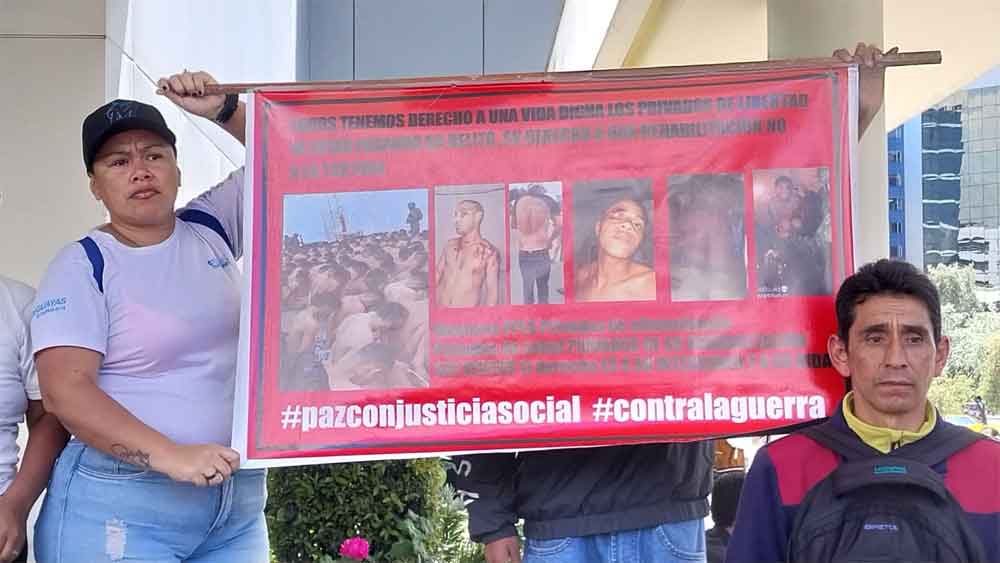
South Sudan. Internally displaced people in Malakal load their remaining belongings into a UNHCR truck for transport to a PoC site. © UNHCR/Charlotte Hallqvist
UNHCR, the UN Refugee Agency, is concerned about the escalation of armed conflict in South Sudan’s Upper Nile State, which has displaced at least 20,000 people since August, some of whom have been forced to flee for their lives as many as four times. The struggle continues. At least 3,000 people have fled to neighboring Sudan, adding to the refugee crisis in South Sudan, the largest in Africa.
Armed conflict broke out in Tonga village in Upper Nile on August 15, 2022. Since then, violence has spread across Upper Nile and northern parts of Jongalli and Unity states. It is currently advancing in Fashoda Governorate, Upper Nile, and threatening the city of Kodok.
“Desperation is growing and the number of people fleeing is increasing as the conflict intensifies,” said Arafat Jamal, the representative of the United Nations High Commissioner for Refugees (UNHCR) in South Sudan. “The civilian population is under attack in this ruthless conflict. We must ensure that they are protected.”
Most of the displaced are women, girls and boys, as well as other people who are at high risk. Some elderly people or people with disabilities were unable to escape and had to hide in the bush and along the White Nile River during the attacks. The fleeing civilian population appears to be traumatized and deplores the killings, injuries, gender violence, kidnappings, extortion, looting and burning of property. Many have lost their homes and been separated from their families.
Last month, Jamal led the first inter-agency visit to the village of Adiyang since it was attacked on September 7, and some 4,000 people who sought refuge there were forced to flee to Malakal and its settlement for internally displaced persons under the protection of the United Nations Mission. In South Sudan (United Nations Mission in South Sudan). The center was originally set up nearly 10 years ago to house up to 12,000 internally displaced people, but it currently houses around 37,000 people, who were already overcrowded before the latest arrivals.
Survivors of the attack on Adyang reported that dozens of people were killed or injured, while others drowned in the river trying to escape the attack. Last Sunday, UNHCR led another inter-agency mission to Diel, in Jonkkale.
“Both in Adiyang and Diel, we saw the aftermath of the brutal violence,” Jamal said. “It was heartbreaking to see a clear pattern of attacks against the civilian population and their homes.”
In Diyala, north of Jongalli, some displaced people are returning to their burnt villages and homes. His situation is hopeless. Some eat terrestrial aquatic plants to survive.
UNHCR, in collaboration with the UN and partner NGOs, has scaled up its response to provide vital support to the most vulnerable people, including in hard-to-reach areas, through the provision of shelter, relief items, protection services, cash and other assistance. By using boats to expand our mobile response capacity, UNHCR is now able to reach people more quickly and easily, even in remote and hard-to-reach areas. Despite UNHCR’s support for efforts to de-escalate tensions and promote peace, the situation continues to deteriorate.
In South Sudan, 6.8 million people are in urgent need of life-saving assistance due to armed conflict, localized violence, massive flooding, worsening food insecurity and economic instability.
As the number of people fleeing violence rises and needs grow, UNHCR is scaling back its assistance amid severe funding shortfalls. As of the end of November, only 46 percent of the US$214.8 million (USD) requested in 2022 had been received.
For more information on this topic, please contact:
- In Yuba, Charlotte Halqvist, [email protected]+211925580 098
- In Yuba, Noah’s Friday gift, [email protected]+211922654219
- Nairobi (regional), Faith Kasina, [email protected]+254 113 427 094
- In Geneva, Boris Cheshirkov, [email protected]+41 79433 76 82
- In New York, Kathryn Mahoney, [email protected]+1 347 574 6552

“Unapologetic tv specialist. Hardcore zombie trailblazer. Infuriatingly humble problem solver.”





:quality(85)/cloudfront-us-east-1.images.arcpublishing.com/infobae/PAGKJH7CJBDBHOF4XHKELQPZV4.jpg)
More Stories
Relatives of prisoners in Ecuador condemn ill-treatment and food shortages (+photos)
Increased retirement age in the Czech Republic
Breaking news on Gaza and pro-Palestinian protests on American campuses, live: news and more